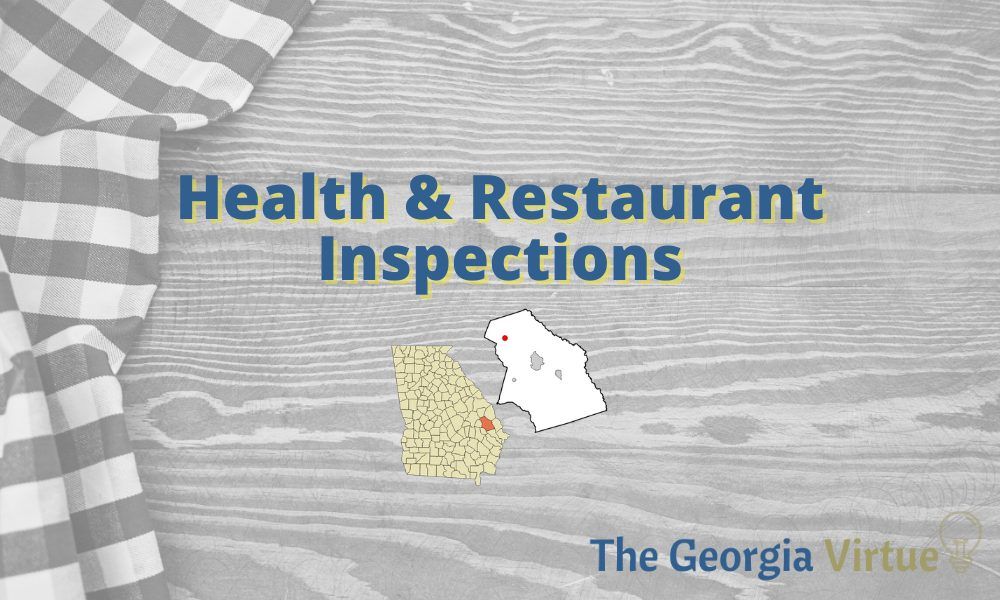It’s been a rough couple of months for America’s mail carrier. The public is understandably frustrated about slowing mail and rising stamp prices. Meanwhile, the USPS lost $3 billion in the third quarter of fiscal year 2021 on top of the more than $80 billion in net losses over the past 15 years.
Instead of striving to improve basic mail services, though, postal leadership seems distracted with odd forays into financial services. Washington Post writer Jacob Bogage recently reported that the USPS “quietly began offering paycheck-cashing services at several East Coast post offices last month,” allowing consumers to trade their checks (worth up to $500) for Visa gift cards. While the agency is quick to point out that this is just a pilot program, the move to financial services makes little sense. A foray into postal banking will only cause the USPS greater hardship without delivering for low-income consumers.
It’s not all that surprising that the agency is testing out financial offerings. Lawmakers such as Sen. Kristen Gillibrand have long called for postal banking, claiming it would generate billions of dollars in revenue while providing “financial security to millions of Americans in low-income and rural communities.” Postal banking proponents such as Sen. Gillibrand believe that the USPS can walk the tight rope of making enough money off of its financial services to cover costs and then some, while providing a low-cost option for households struggling with traditional financial institutions. But it’s difficult to see how.
Consider the timely example of check-cashing. The government might claim they are entering the check-cashing business to save low-income Americans from the expense of converting funds in the private sector. This justification may have made sense a few years ago, before banks started offering accounts with low/minimal fees, zero required deposits, and easy check-cashing capabilities. According to the Cities for Financial Empowerment Fund, there are now more than 100 bank and credit union accounts that meet the low-fee national standards developed by the organization. Data from the Federal Deposit Insurance Corporation shows that the share of households without a bank account has declined by about 20% from 2015 to 2019, and the 5.4% of unbanked households have a variety of reasons for forgoing a bank account. But a majority of the underbanked minority do not cite bank fees or minimum balance requirements as the main reason for avoiding banks. It therefore seems unlikely that the USPS setting up a low-cost check cashing service would solve any pressing problem in the marketplace.
Of course, the agency could choose to emphasize making money on financial services rather than helping low-income Americans. Maybe the USPS believes that they could charge a bit less than what Walmart charges for check-cashing, or about $4 for checks up to $1,000. While it’s possible that the agency finds the “right” price that covers business costs while still being competitive, the USPS hardly has the best track-record in this sort of game.
Indications abound that the agency has been underpricing packages for years via a wacky (and still mostly classified) cost attribution formula. And the agency has a real problem getting a lid on “controllable” costs such as equipment and fuel expenses. The costs and risks of services such as check-cashing can be particularly high, given the alarming – and increasing – volume of check fraud. The amount of money involved in check scams nearly doubled from 2016 to 2018, and this type of fraud, “makes up 60 percent of all attempted fraud against U.S. bank deposit accounts, according to a survey released by the American Bankers Association.” The idea that the USPS is somehow uniquely positioned to get a grip on this problem in a cost-effective way is simply wishful thinking.
For all this speculation, though, we have remarkably little insight as to why America’s mail carrier is trying to get into the check-cashing business. Some answers would be nice, but the agency isn’t exactly known for their forthrightness. Maybe postal leadership can finally deliver some answers, along with actual postal reform.
By Ross Marchand | Taxpayers Protection Alliance
Ross Marchand is a senior fellow for the Taxpayers Protection Alliance.






